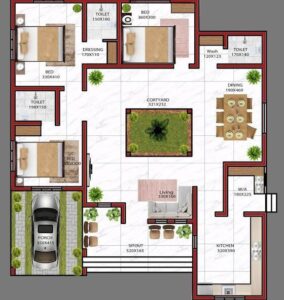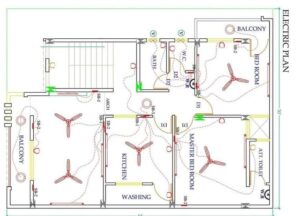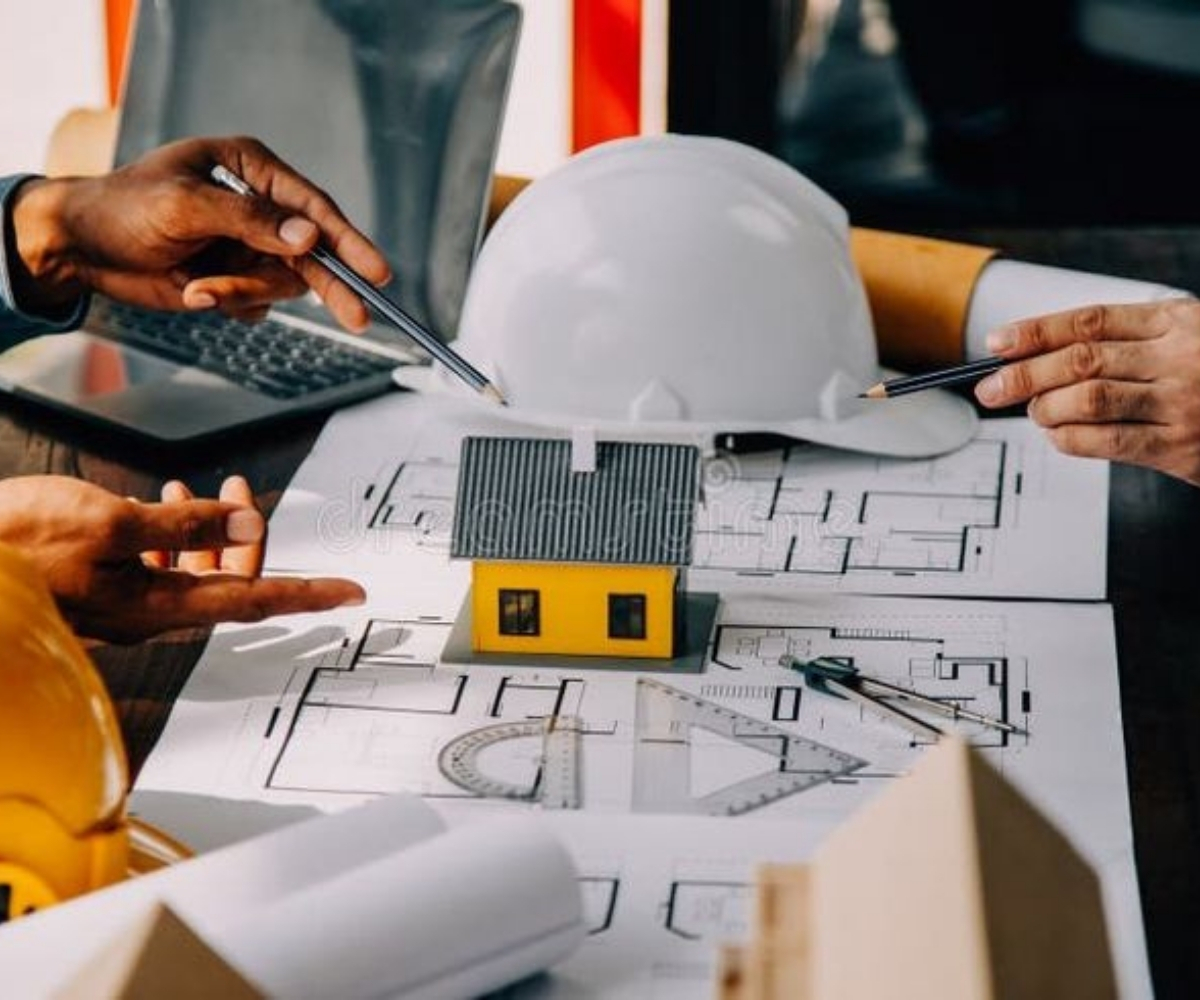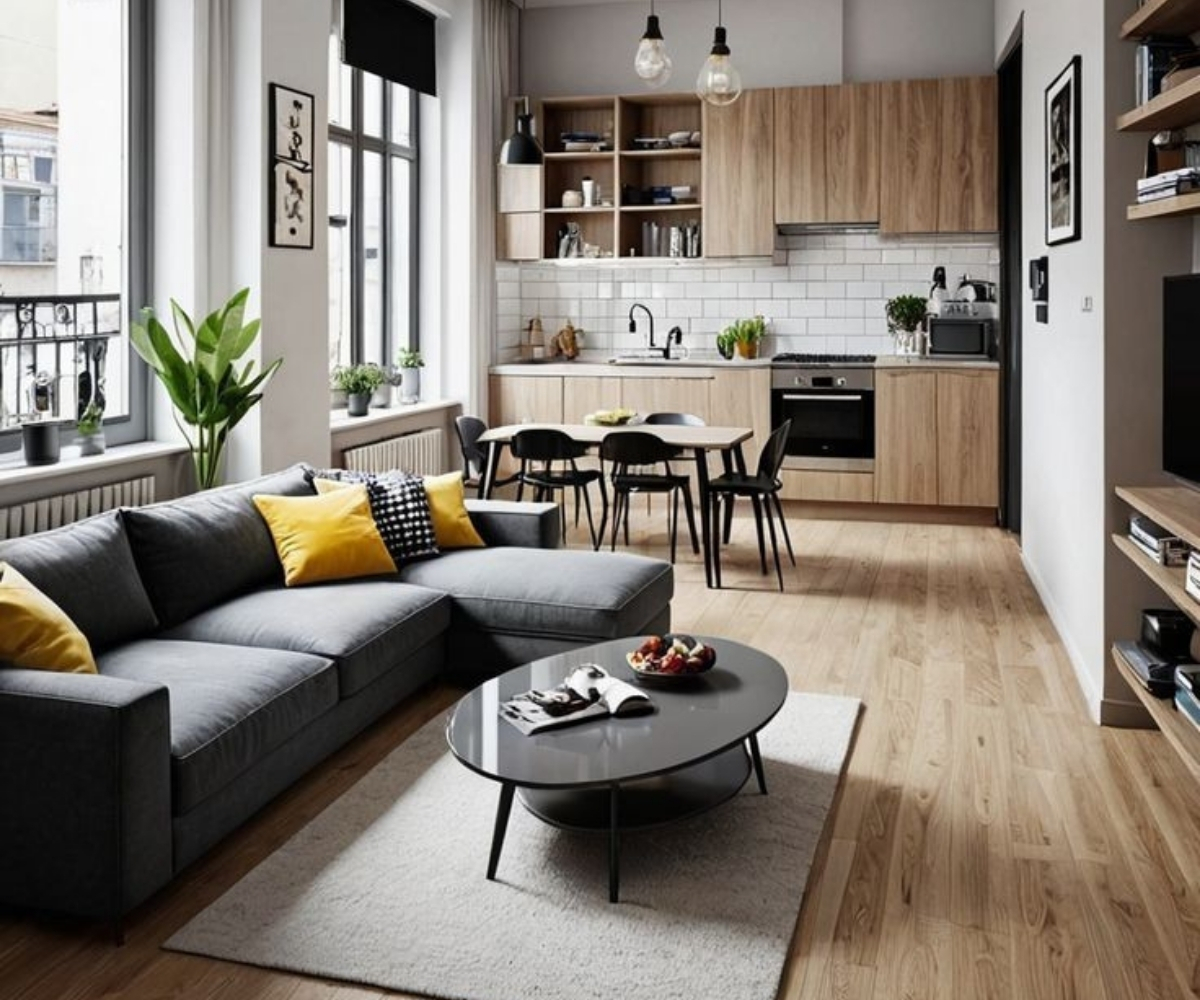Essential Factors to Consider Before Constructing a New Home
Building a new home is an exciting journey, but it also involves thoughtful planning and decision-making. From managing time and budget to designing your dream layout, each step shapes the future of your living space. Your home is where you return to recharge, relax, and create lasting memories—so it’s important to get it right. Here are some vital factors to consider when you begin the construction process.

1. Choose Between Custom or Standard Designs
The design of your home sets the tone for everything else. Decide whether you want a ready-made layout or a custom design tailored to your preferences. A custom home allows for more personalization, while standard plans may be faster and more cost-effective. Research online design galleries and consult with others who’ve built their own homes to explore your options.
2. Define Your Needs Clearly
Your home should reflect your lifestyle and meet your family’s unique requirements. Consider how many rooms you need, the preferred sizes, and the inclusion of features like guest rooms or a home office. The layout should prioritize function, comfort, and future needs.

3. Develop a Detailed Floor Plan
Once your requirements are clear, plan how each room will be arranged. Identify the best locations for living areas, bedrooms, and utilities. For instance, placing the living room and kitchen in sunlit areas (like the south or southwest) can enhance natural lighting and energy efficiency. Collaborate with professionals to maximize space and functionality.
4. Select the Right Building Materials
The strength and longevity of your home depend heavily on the materials used. Options range from concrete and wood to ceramics and even sustainable alternatives. If you’re looking to save time and money, consider prefabricated components. Always prioritize quality over cost when it comes to structural materials.
5. Plan for Lighting and Ventilation
Natural and artificial lighting both play key roles in creating an inviting atmosphere. Strategically place windows to allow sunlight into high-traffic areas. Also, plan for ambient and task lighting to enhance comfort and energy efficiency throughout the house.

6. Set a Realistic Budget
Having a clear list of your needs allows you to set a practical budget. Factor in construction, furnishing, and finishing costs. Gather estimates from various professionals to understand market pricing. Budgeting wisely ensures you don’t face financial strain during or after the build.
7. Hire a Reliable Architect or Builder
Choosing the right professional to guide your project is crucial. When selecting an architect or contractor, consider the following:
- Do they offer the services you need?
- What kind of experience and specialization do they have?
- Can you view their past projects?
- Do they have good client reviews and a trustworthy reputation?

Conclusion
Constructing a new home is a significant investment—financially and emotionally. Taking time to evaluate each of these factors will help ensure the home you build aligns with your vision, needs, and lifestyle for years to come. Thoughtful planning now leads to a stress-free and rewarding construction experience.





